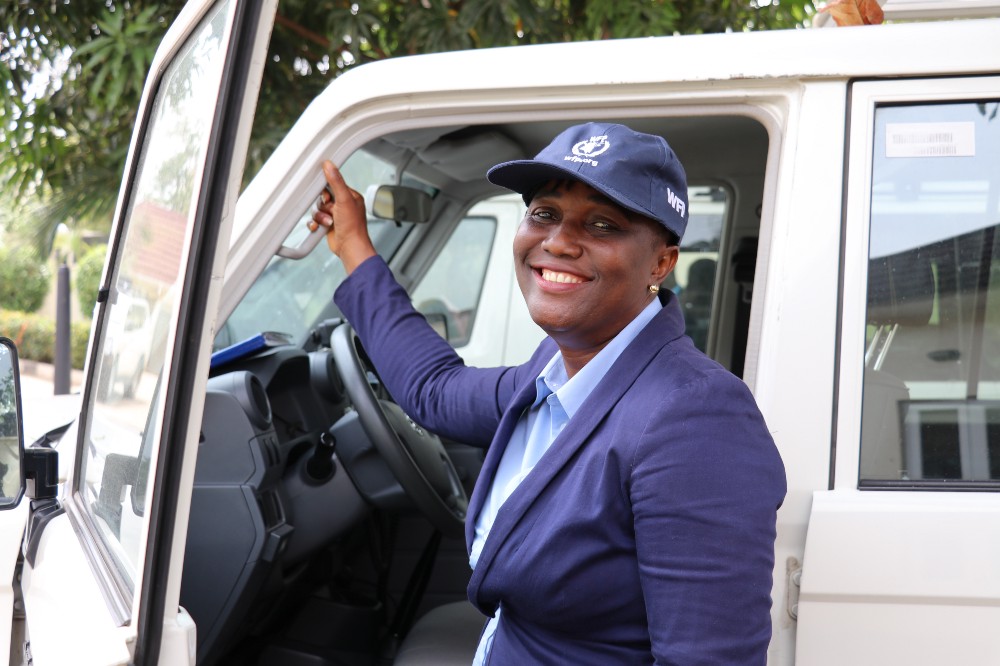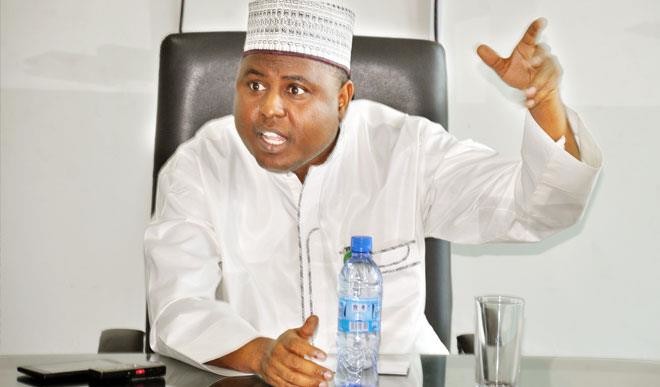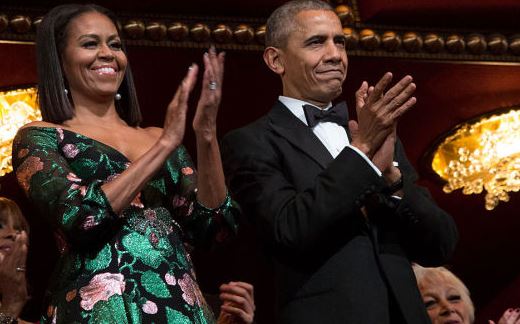BY KELECHI ONYEMAOBI
Victoria Madukaji is a wife, mother, student and a professional driver, who says driving away hunger from Nigeria and challenging gender stereotype is her mission.
Millions of Nigerian women own and drive cars but being a woman and a professional driver does not carry the highest job appeal for many. Victoria, who works for the World Food Programme (WFP) in Abuja, is one of a few women breaking the myth that driving is a man’s job.
“Many people are very surprised when they see me working as a driver,” says Victoria. “I hear them argue: ‘It’s a man’; ‘no, it’s a woman’. When I come down from the vehicle and they see that it is truly a woman at the wheels, some are like ‘wow!’”
Since her first employment as a driver in 2011 with ACTIONAID Nigeria, Victoria has learned to live with being the centre of attention, especially in rural areas. She focuses on her work and impressed her former employers when she even undertook missions where she drove from Nigeria to other countries including neighbouring Cameroon and Benin Republic.
Advertisement
Since she joined WFP in March 2017 she is even more motivated because of what she views as the organisation’s grand purpose for humanity.
“What pushes me is that I am a humanitarian worker,” she says. “A lot of people are hungry. The work we are doing at WFP helps to reduce hunger and I am helping to drive out hunger from the land,” Victoria adds with determination.
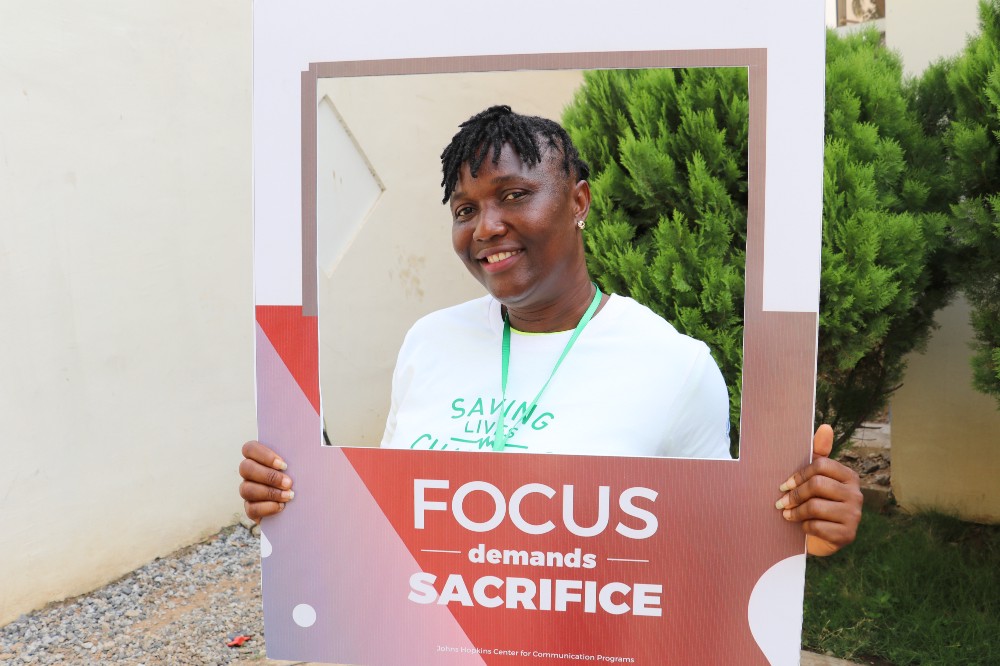
Her colleagues at WFP — both men and women — recognise her dedication, courtesy and humility. They treat her with dignity and respect. She explains that she has not suffered from gender-based discrimination or bias.
Advertisement
But the journey has not been without challenges. When she got her first driving job, it took her several weeks to muster courage to announce it to her husband because of the perception that professional driving is reserved for men. He was initially unhappy but later gave her support and encouragement.
Victoria has been able to strike a delicate balance between her work and her family life.
“It is not easy for a woman but I manage to balance everything,” says the mother of three children. “After work, I create time for my kids. I check their homework and prepare the things they need for school. My husband is very understanding and very supportive.”
At WFP, the work schedule is also adapted to encourage her to continue with her career. As a breastfeeding mother she is exempted from night shifts and field assignments.
Advertisement
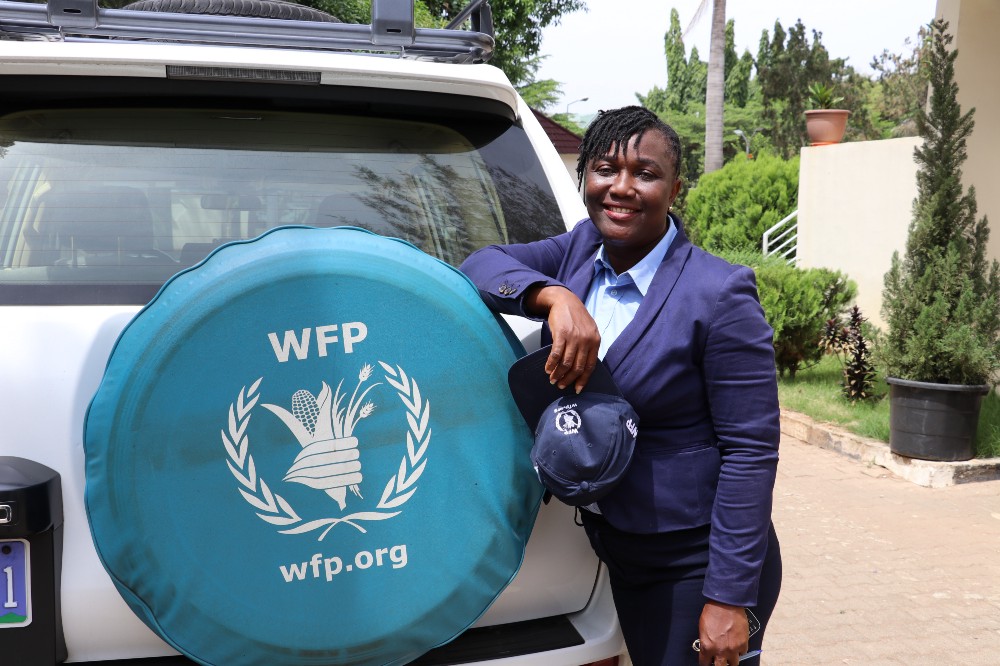
“I am very happy with my work. My work does not affect my family life in any negative way…my work has changed a lot of things for me,” says Victoria.
Her ambition is to become a United Nations international staff member in the next 10 years and possibly an ambassador of her country someday. She is taking a bachelor’s degree programme in education and is also studying part-time for a degree in food and nutrition from the National Open University of Nigeria.
She would like to encourage more Nigerian women to be daring, self-reliant and not entirely financially dependent on their spouses and men.
“Women should not shy away from so-called men’s jobs — like driving, shoe-making, motor mechanics, and so on. A woman can do any job.”
Advertisement
One of Victoria’s three children is a girl — whom she is training to be independent-minded like herself, in an environment dominated by men.
“I’m training her to be a goal-getter, to have a mind of her own, because when she grows up, there’ll be a lot of challenges out there to be faced.”
Advertisement
Onyemaobi is the national communications officer (Nigeria) of the UN World Food Programme (WFP)
Advertisement
Add a comment
